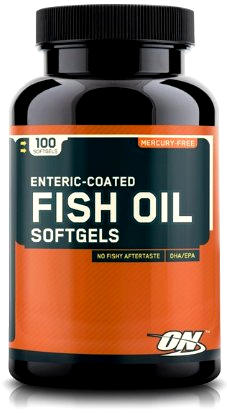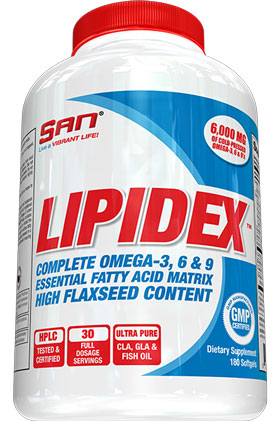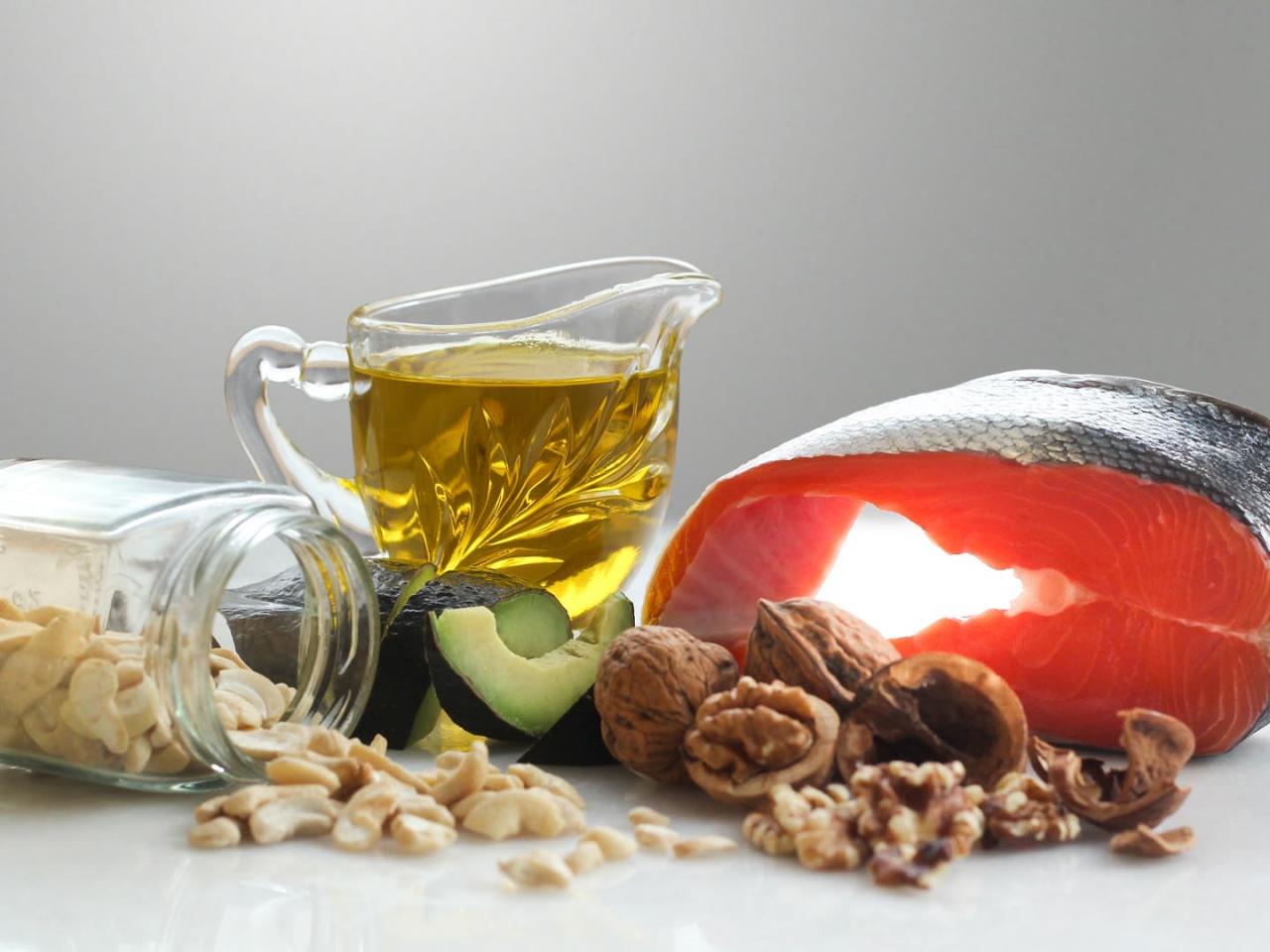Buying fish oil, you may not actually get enough Omega-3 fatty acids, says Rufus Turner, a scientist who studies lipids at Crop & Food Research. He and his colleague Dr Carlene McLean investigated commercially available fish oils. They found that the samples contained different levels of primary and secondary oxidized fatty acids. Moreover,
it was found that oxidized fatty acids have a carcinogenic effect and a pro-inflammatory effect. They have almost completely the opposite set of actions compared to Omega-3 fatty acids: they increase the risk of atherosclerosis, thrombosis, hypertension, etc.Dr Turner says that, unfortunately, the content of omega-3 fatty acids in fish oil is unstable, and there is a much greater predisposition to oxidation compared to vegetable fats or other animal fats. The oxidation of fish oils begins at an accelerated pace immediately after extraction, and actively continues throughout the storage period.
Fish oil for muscle growth
Fish oil can also help to increase muscles. According to a study published in the journal of the International Society of Sports Nutrition in 2010, an increase in muscle mass was observed after six weeks of taking fish oil preparations (3-4 grams per day). The results showed that fish oil has a positive effect on the synthesis of proteins in muscle cells, and an increase in the cells themselves was also observed.
How much fish oil should I take per day
There are many different opinions about how much fish oil should be taken per day. The American Heart Association recommends low doses – from 0.5 to 2 g per day, while others recommend taking 1 g, for each percentage of subcutaneous fat. However, a moderate and optimal intake is 1-2 g of fish oil with a meal 2-3 times a day.
Many sources indicate information that you can not take fish oil for a long time. Admission must take place in courses. Approximately 3 courses per year for 1 month.
According to data published in the Journal of the National Cancer Institute, it became known that an increased level of Omega-3 may be a risk factor affecting the development of prostate cancer.
However, a simple calculation shows that if you eat 2-3 servings of fish a week for 100-140g, as many sources advise, referring, among other things, to WHO recommendations, this gives about 11g of fish oil per week or 1.5 g per day. Therefore, if there is no fatty sea fish in sufficient quantities in your diet, then taking 1-2g of fish oil per day should not pose any danger.

The daily norm of Omega-3
To promote health and normalize cholesterol levels, it is enough to take 1-1. 5 g of Omega-3 per day
When doing bodybuilding, doses of 2-3 g daily are required to increase muscle mass.
If you lose body weight, take 3-4 g of Omega-3
According to the methodological recommendations of the Rospotrebnadzor of the Russian Federation, the physiological need for adults is 0.8-1.6 g / day of Omega-3 fatty acids (ALA/EPA/DHA), the
American Heart Association recommends 300 mg of EPA/DHA per day for healthy adults and about 1 g for patients with coronary heart disease
A break in the reception is not required
Sports nutrition and Omega-3 fatty Acids
So, it becomes clear that it is very difficult for a modern person to get enough Omega-3 fatty acids from ordinary food. In addition, there are difficulties with storing products that are rich in Omega-3 fatty acids – often you risk exposing your body to an attack of active radicals, causing major damage, instead of the useful properties of essential fatty acids.
It is also almost impossible to combine dietary nutrition to create an optimal ratio of Omega-6 and Omega-3 fatty acids. Not everyone will want to eat fish 4-5 times a week. And given the high fat content in fish meat rich in Omega-3, it is possible to create obstacles in the formation of a beautiful and slender figure, as well as relief muscles. But there is a way out, currently the sports nutrition market represents a very large variety of supplements with Omega-3 fatty acids. Scientists have carefully taken care to protect Omega-3 from oxidation and added antioxidants such as vitamin E, Astaxanthin and others to the composition.
Popular Sports Supplements
Fish Oil from Optimum Nutrition
EFA Lean Gold Gel from Labrada
Lipidex from SAN
Vaporize from MAN
Flaxseed Oil Softgels from Optimum Nutrition
Animal Omega from Universal Nutrition
“Attention” According to the analysis Consumerlab.com almost a third of supplements contain less fatty acids than stated by the manufacturer.

